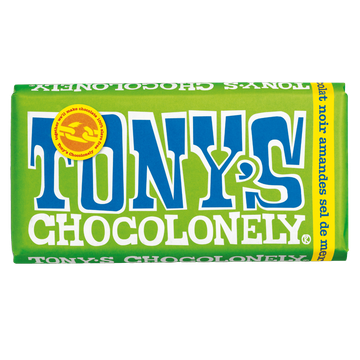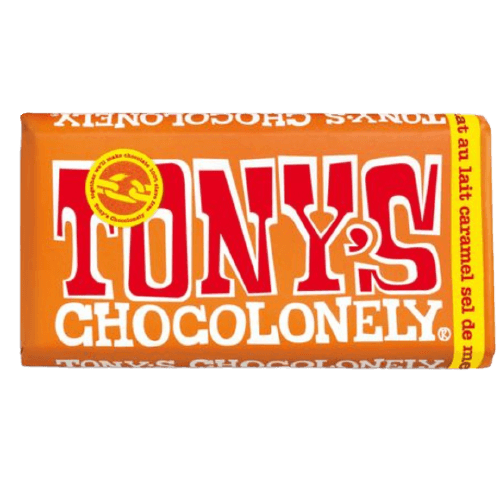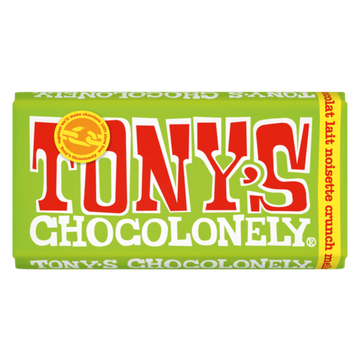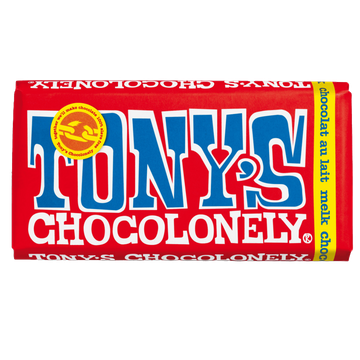Tony's Chocolonely
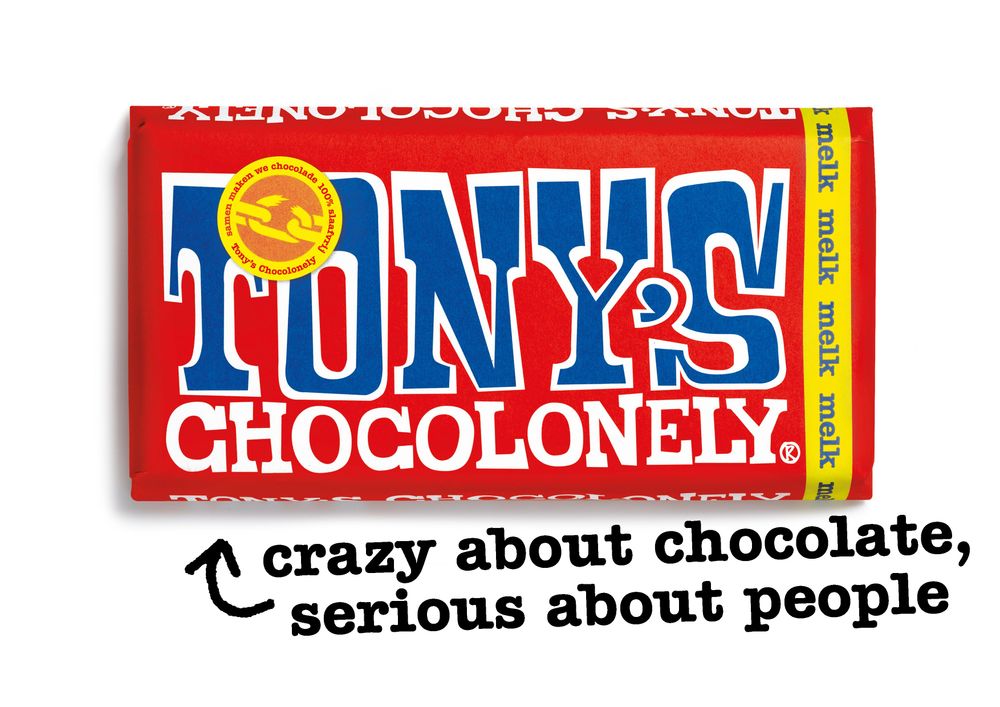
Tony's Chocolonely, committed to a bold mission, aims to eradicate modern slavery in the chocolate industry. Their approach is based on educating farmers and raising awareness about permissible practices, limiting child labor and dangerous tasks. Their message is clear: the more consumers and industry actors actively demand ethical chocolate, the more they will create pressure for change. Tony's Chocolonely invests in sustainable partnerships, offering fair prices to cocoa producers and helping them improve productivity. Their commitment doesn't stop there. They share their lessons and seek partners to expand their impact. Tony's Chocolonely embodies the hope of a future where chocolate is synonymous with ethical pleasure for all, from farmers to consumers.
Why is Tony's Chocolonely chocolate considered fair trade?
Tony's Chocolonely is committed to fair trade in the chocolate industry by partnering with cocoa producer cooperatives in West Africa. They adhere to production conditions established by certification bodies such as Fairtrade - Max Havelaar and Rainforest Alliance. These conditions include minimal social and environmental standards and a minimum price for cocoa, thereby ensuring better living conditions for growers.
Why does Tony's Chocolonely prefer to develop its own cooperation principles rather than relying solely on existing certifications?
Tony's Chocolonely believes that existing certifications do not go far enough in combating modern slavery in the chocolate industry. Therefore, they have developed their five cooperation principles to create a more equitable supply chain. They invite other companies to follow their model and take responsibility for the entire production chain for a more significant social impact.
Does Tony's Chocolonely care about the environment in its chocolate production?
Yes, Tony's Chocolonely actively commits to promoting environmentally friendly production methods. They encourage producers to reduce pesticide use, prevent deforestation, and adopt sustainable farming practices. Additionally, they are currently offsetting their greenhouse gas emissions through Justdiggit while working on measures to reduce their emissions in the future.
Where do the cocoa beans used by Tony's Chocolonely come from?
Tony's Chocolonely purchases their cocoa mass directly from cocoa growers in West Africa, working with seven cocoa cooperatives in Ghana and Ivory Coast. They establish long-term relationships with these cooperatives, provide financial support, and ensure farmers receive a fair price for their cocoa while contributing to increased yields.
